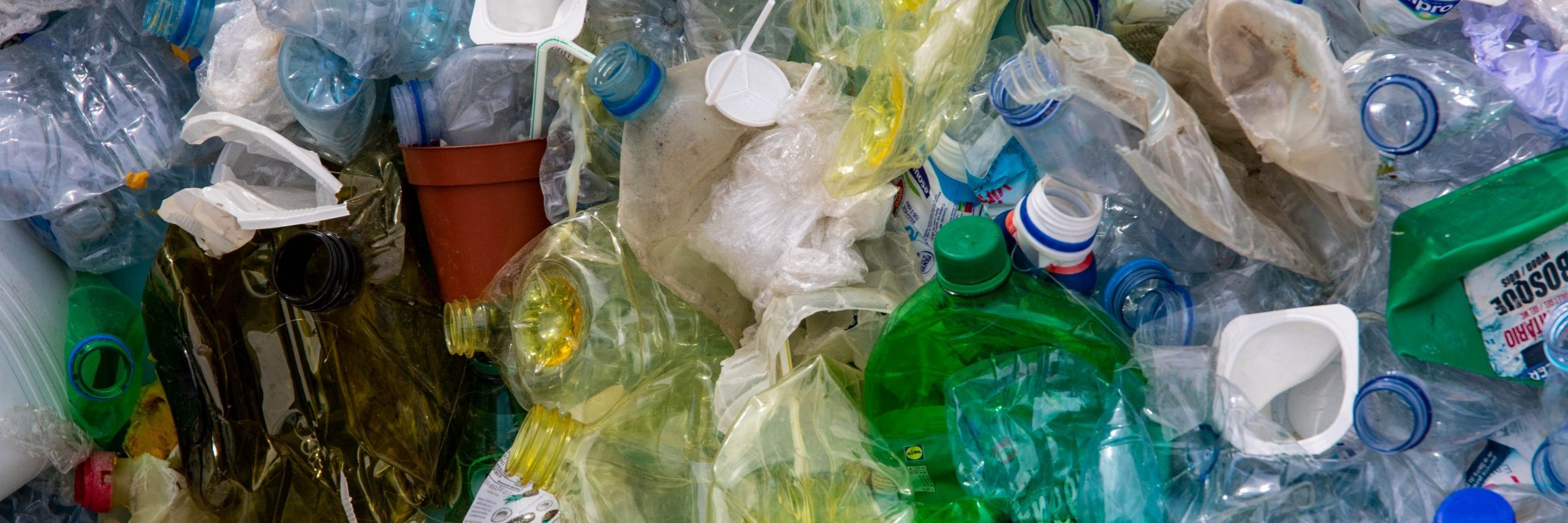Various plastic products in a pile. Source : Magda Ehlers via Pexels
Following in the footsteps of other states, Victoria has enacted a ban on single-use plastics from February in sale or supply.
Items made from conventional, degradable, or compostable plastics have been banned from the state.
This includes straws, cutlery, plates, drink stirrers and sticks, cotton bud sticks, and food and drink containers made from expanded polystyrene.
Businesses that are found to be using items made from single-use plastics can be fined $1,849, while individuals may be fined $370.
Only those who are found to repeatedly break the rules will be penalised.
While these rules are in force for the wider Victorian population, those who require the use of single-use plastics, particularly straws, for disability or medical reasons are still allowed to do so.
Victorian Environment Minister Ingrit Stitt said the ban is an important step in creating a better environment.
“Plastic pollution has significant impacts on our health, wildlife, and the environment.” Ms Stitt said.
“This single-use plastics ban is a crucial step to protect Victoria’s rivers, waterways, and oceans from plastic pollution.” She said.
Reusable alternatives will become available.
Victorian Premier Dan Andrews took to Twitter to justify the move.
“Single-use plastics make up a third of pollution found in the environment in our state.” Mr Andrews said.
“They are used for a few minutes but can stay in waterways and parks for decades.” He said.
Victoria banned single-use plastic shopping bags in 2019.
Boomerang Alliance director Jeff Angel said while the ban was a good start, more needed to be done.
“If you compare [Victoria’s ban] to other states like WA, South Australia, Queensland, they moved some time ago and they are now working on a second [round] of items.” Mr Angel said.
“There will be calls for New South Wales and Victoria to catch up.
“Our submissions to the government said they should include more items…such as heavyweight plastic bags, coffee cups, some of the other plastic packaging.
“But it’s important we start.” He said.
Zero Waste Australia’s National Toxic’s Network campaign coordinator Jane Bremmer said the ban was addressing a minor problem with pollution.
“It is a material that, in the future we need to live without because the planet cannot sustain plastic production.” Ms Bremmer said.
“But…single-use plastics are a smallish fraction of the entire plastic waste pollution crisis that we are facing at the moment.” She said.





